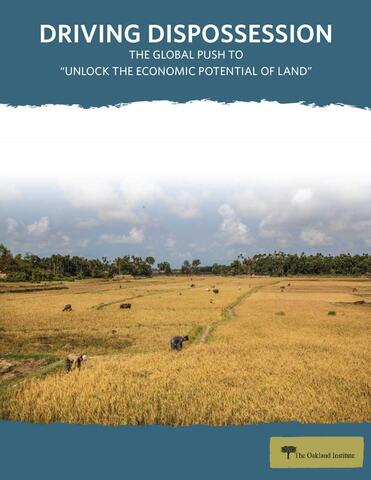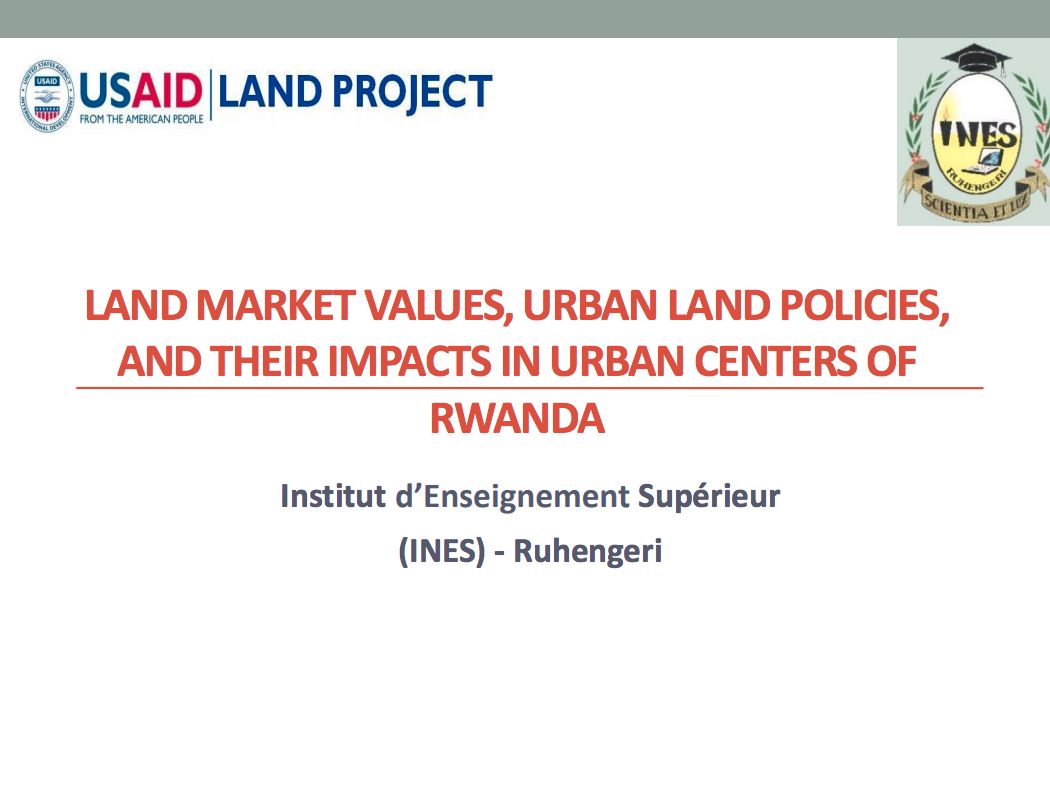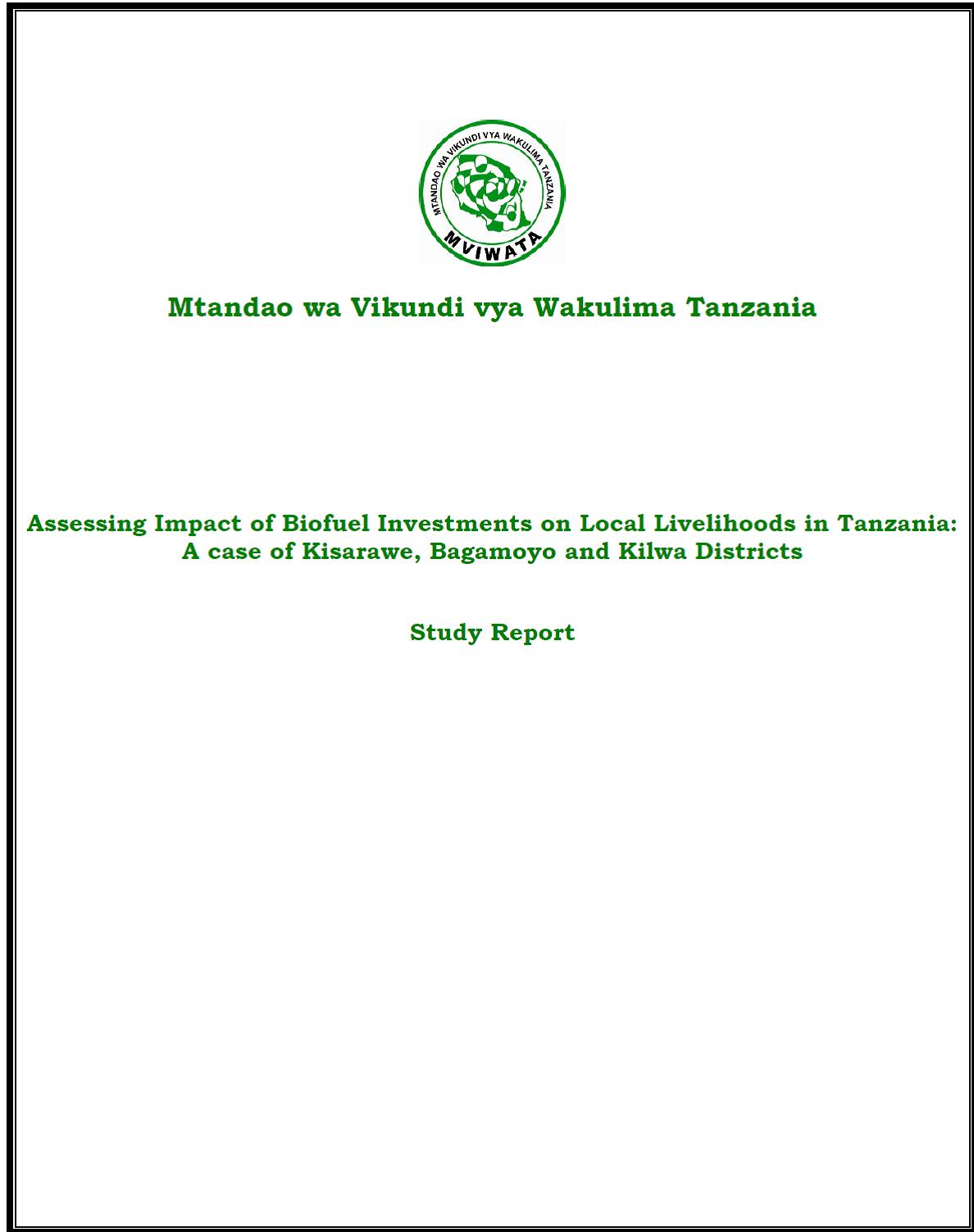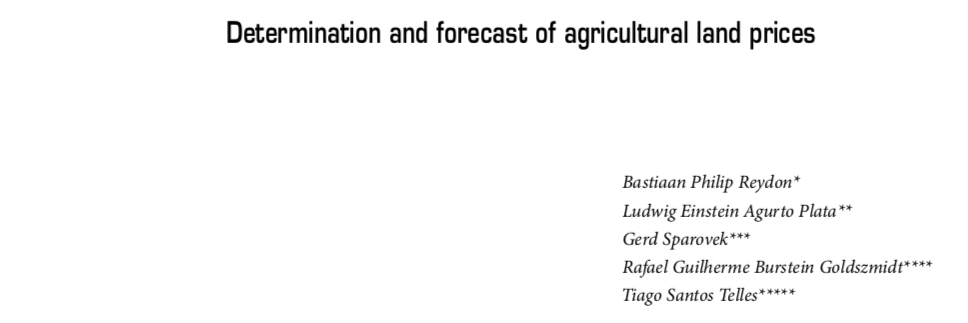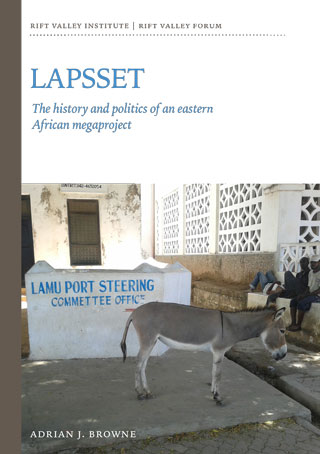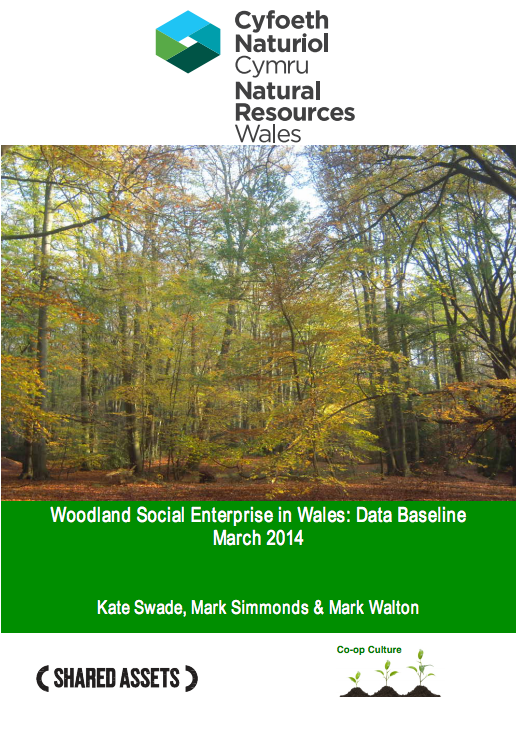Scaling Land Based Social Enterprises: Thought Guide
This publication explores what scaling ‘well’ means for social innovators. It is based on our research into how social innovations across a range of sectors have approached the challenge of scaling up. It supports our Scaling Land Based Social Enterprise : Decision Making Toolkit. This work was funded by the Calouste Gulbenkian Foundation.



